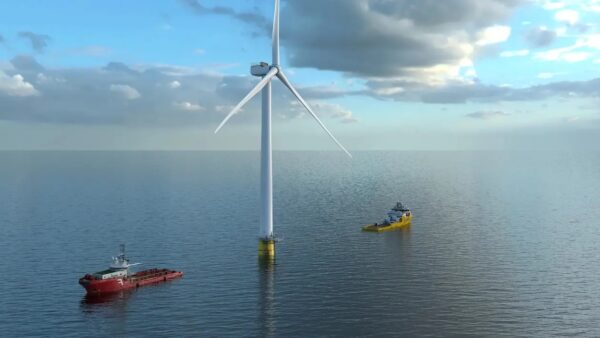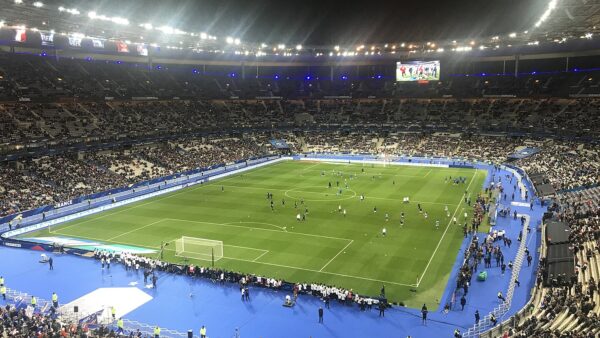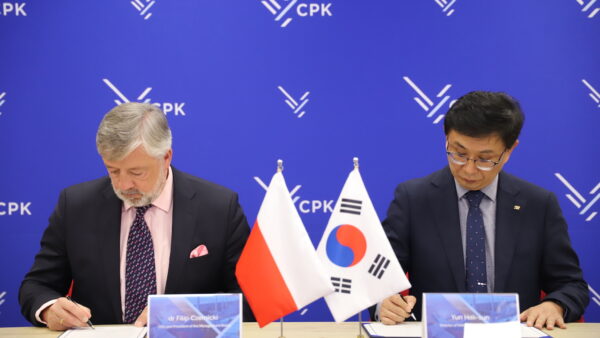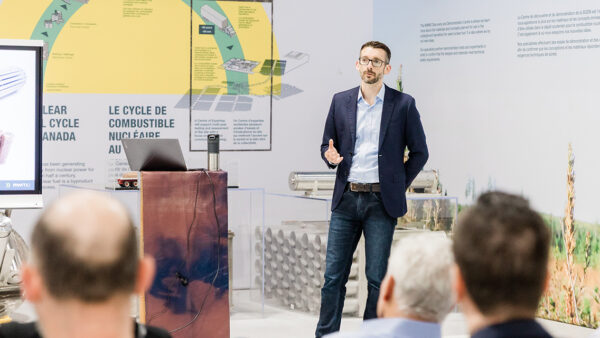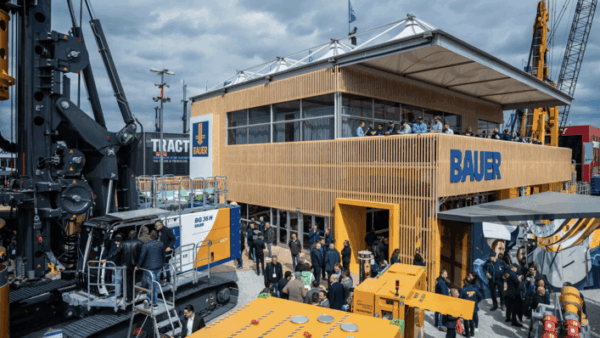Four teams are in contention to build Germany’s first liquified natural gas (LNG) import terminal at Brunsbüttel at the mouth of the Elbe near Hamburg. The project, which is expected to cost around €500m, is being billed as a way to diversify Germany’s energy security as it winds down its nuclear and coal plants.
The four, chosen after a prequalification round that was launched in June, are:
- Cobra Instalaciones y Servicios and Sener Ingenieria y Sistemas of Spain;
- Hyundai Engineering and the Korea Gas Corporation;
- Sacyr Fluor – a joint venture between Spanish engineer Sacyr and US counterpart Fluor – working with Vinci Grands Projets of France;
- Tecnicas Reunidas, another Spanish company, and Heitkamp HIKB, a German infrastructure specialist based in Essen.
The shortlisted firms have until December to submit their tenders, and a decision on a winner is expected in April next year. This will be decided by the project’s developer, a joint venture between Dutch companies Gasunie LNG and Vopak LNG, as well as German energy logistics company Oiltanking. The project is expected to begin operations in the final quarter of 2022.
The scope of the work includes a two-berth jetty for LNG carriers with a capacity between 1,000 and 265,000 cubic metres of LNG, storage tanks and regasification and distribution plants with a total capacity of up to 8 billion cubic metres a year.
The project has proved controversial. This is partly over safety fears – the Brunsbüttel terminal is located near a chemical park and an interim storage facility for radioactive waste – and partly for political reasons, since the project is seen as a concession by the German government to criticism by the Trump administration over Nord Stream 2, the equally controversial Russian-German natural gas pipeline.
At present, Europe is not a big importer of US LNG. In 2016, it bought 2.8 billion cubic meters from America, compared with 420 billion cubic metres of natural gas from Russia, Norway and the Netherlands. One reason for this is that the processing required makes LNG is more expensive than pipeline gas.
In response to the US’ complaints, the German government promised to speed up a decision on whether to provide financial backing for an LNG import terminal that could receive LNG from the US.
The government has said another terminal will be built at a site in Stade, also on the Elbe estuary, or Wilhelmshaven near the port of Bremen.
To speed delivery of the projects, the German government has suggested that it will guarantee half the loans required to finance the projects.
Image: Brunsbüttel, showing the Kiel canal (Eigenes Werk/GNU)
Further reading:





